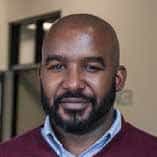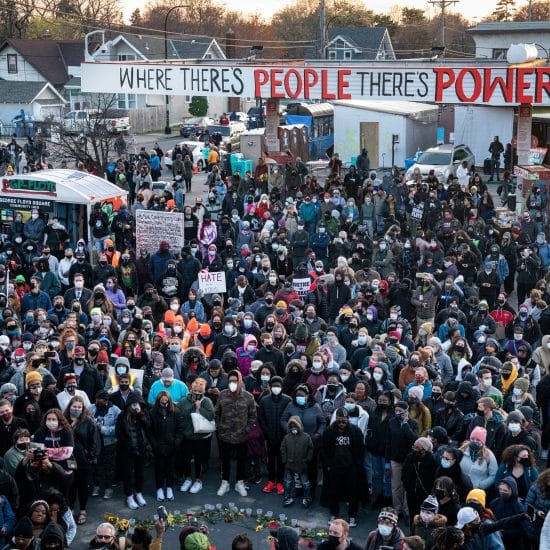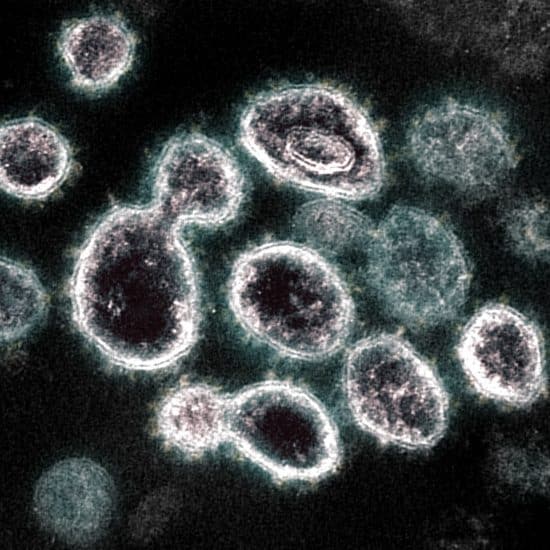Do you and your family have any rituals or traditions that you practice on a regular basis? Maybe every time a person enters your home, they must take off their shoes to keep the living room carpets clean and the hardwood floors unmarked. How many of these rituals did you start on your own and how many were handed down to you by family or friends? Are there any tensions that arise between you and those close to you because you follow certain rituals on a regular basis? Have you ever experienced tension in a relationship because you follow certain traditions?
 Terrell CarterIn Joshua 5, God commanded the Hebrew people to start and stop certain practices. God had the people stop these traditions, not because they were wrong or had lost their meaning, but to reaffirm God’s love and dedication to the people in a new way.
Terrell CarterIn Joshua 5, God commanded the Hebrew people to start and stop certain practices. God had the people stop these traditions, not because they were wrong or had lost their meaning, but to reaffirm God’s love and dedication to the people in a new way.
In chapters 3-4 of Joshua, we learned that God made it possible for them to enter the Promised Land unscathed because they obeyed a series of God’s commands. The priests were commanded to carry the Ark of the Covenant to the Jordan River while the people followed behind it at a specific distance. When the priests’ feet entered the raging Jordan River, the waters ceased to flow, allowing everyone to cross over on dry ground.
But crossing over the Jordan River was only half of the experience. God commanded that the people who walked across the dry riverbed were to set up two memorials commemorating this miraculous event where the priests stood in the middle of the river while everyone else passed through on dry ground. These memorials would serve as reminders for them, their children and other non-believers in Yahweh that God blessed them in the same ways that their ancestors were blessed.
In Joshua 5, God’s people were in the Promised Land, albeit, just on the very inside. The next obstacle to overcome to fully inhabit the Promised Land was the City of Jericho and its inhabitants. But before they were to set out for Jericho, God said that some forgotten rituals were going to be reinstituted and others were going to end.
The first ritual that was going to be reinstituted was circumcision, which served as a sign showing that Abraham and his descendants were set aside and consecrated as God’s handpicked people.
But circumcision was not the only thing they were to start doing again. They were to also start celebrating Passover again. The Passover was the celebratory act of remembering the events God used to free the Israelites from Egyptian slavery. It seems as if it is important to God that the people not forget their history and that they use multiple things to reinforce their belief in God’s love and to tell their children stories of God’s love and power.
In addition to actions that were being reinstituted, there was also one ritual that God was going to end. God would no longer feed the people with manna every day. Manna had been God’s means of feeding the people while they wandered in the wilderness. But now that they had entered the Promised Land, the land flowing with milk and honey, God would provide for them from the land and from their own hands.
God reinstituted some things that were symbols of God’s covenant with prior generations that would also apply to them, while simultaneously stopping one symbol and replacing it with more tangible reminders of God’s grace and ability to provide.
I think that there is a certain importance in recognizing the rituals that marks our lives. They help us as we seek to stay focused on God and family, help to connect one generation to the next and help us celebrate and remember the good events that have occurred in our lives by God’s hands. Like the Israelites, our rituals should serve as consistent reminders that we have nothing to fear and God will be with us, no matter what the obstacles ahead of us look like.
Terrell Carter is assistant professor and director of contextualized l earning at Central Baptist Theological Seminary in Shawnee, Kan., and pastor of Webster Groves Baptist Church in Mo.


